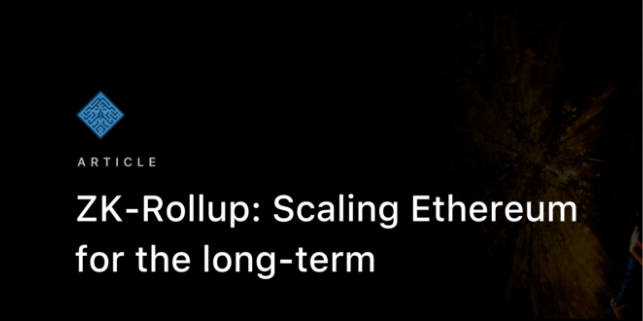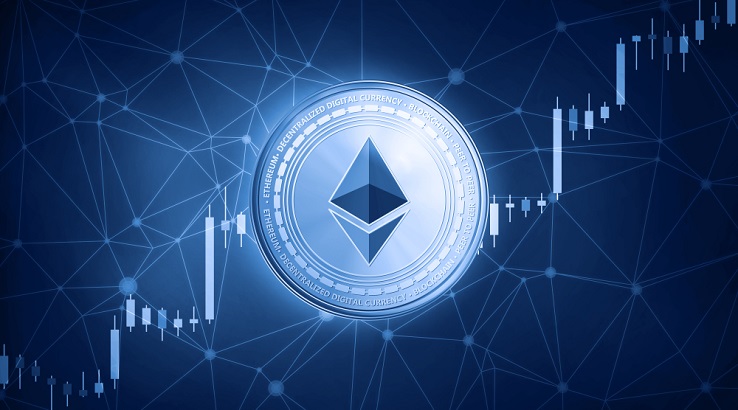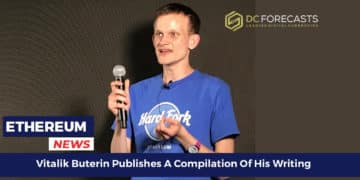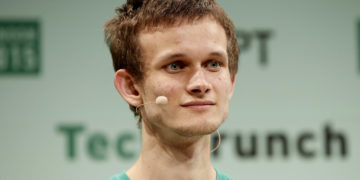EY released Nightfall 3 to help solve the Ethereum gas fee problem and make the blockchain cheaper to use so let’s read more in our latest ethereum news.
Nightfall 3 is the new iteration of the initial Nightfall protocol released in 2019 and the protocol combines zero-knowledge proofs with Optimistic rollup. Ethereum’s scalability bottleneck can lead to high transaction fees in times of high demand so Ernst & Young or EY released Nightfall 3 set of tools in an attempt to reduce the fees on the blockchain without sacrificing privacy. The Nightfall 3 protocol is for privately managing transactions on Ethereum. EY’s latest incarnation is a ZK-optimistic Rollup protocol since it combines zero-knowledge proof with the transaction verification mechanism known as the Optimistic Rollup.
Zero-knowledge proofs use cryptographic algorithms to verify the piece of information that is sent across the blockchain containing the right kind of information without having to reveal it. Nightfall 3 aggregates ZKP transactions in rollups which are optimistic because they are assumed to be true unless proven otherwise which means the validators no longer have to verify the transactions thus the costs will be lower. Rollups address ethereum’s scalability bottleneck that is only capable of processing about 15 transactions per second by processing Ethereum transactions off the main blockchain and the process moves the transaction verification process on the sidechain known as Layer 2 which interacts with the main blockchain to slot in the transactions that were processed. To make sure that only Layer 2 blocks are incorporated into Ethereum’s blockchain, users are incentivized to correct the bad blocks which are arbitrated by smart contracts.
Because the different transactions require different levels of computation and can have fluctuating gas fees, Ethereum runs on a gas system and with simple token transfers requiring a smaller amount of gas, the transactions with multiple smart contract executions can cost up to 100,000 gas. EY says that the new protocol cuts fees to 8200 gas per transaction or almost one-eight of the cost that is needed to make a conventional public token transfer. Paul Brody, EY Global Blockchain leader said:
“Based on EY experience, ZK-Optimistic roll-ups are currently among the most effective in balancing security incentives and mathematical efficiency for running private transactions on the public Ethereum network. As we have in the past, we are again contributing this code into the public domain to speed up enterprise adoption of this technology.”
DC Forecasts is a leader in many crypto news categories, striving for the highest journalistic standards and abiding by a strict set of editorial policies. If you are interested to offer your expertise or contribute to our news website, feel free to contact us at [email protected]

























Discussion about this post